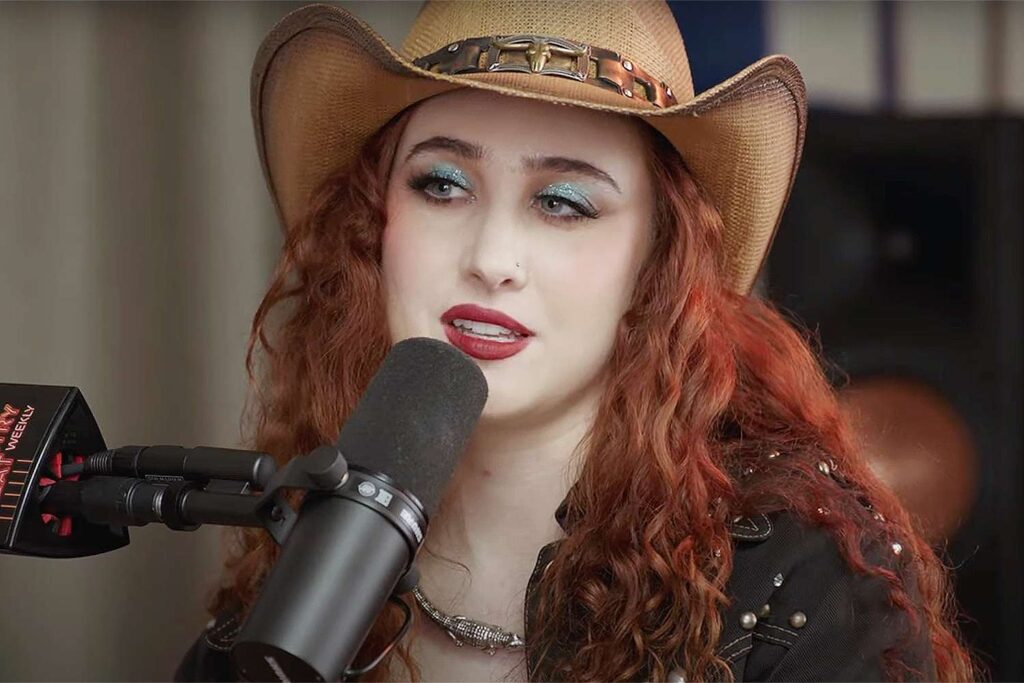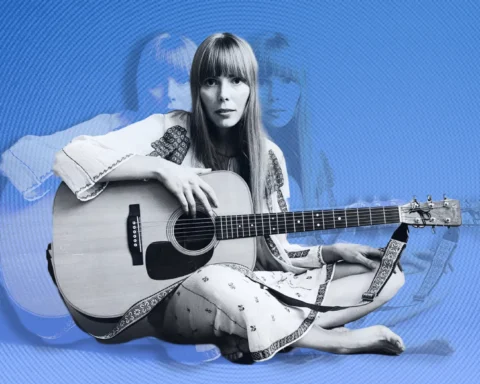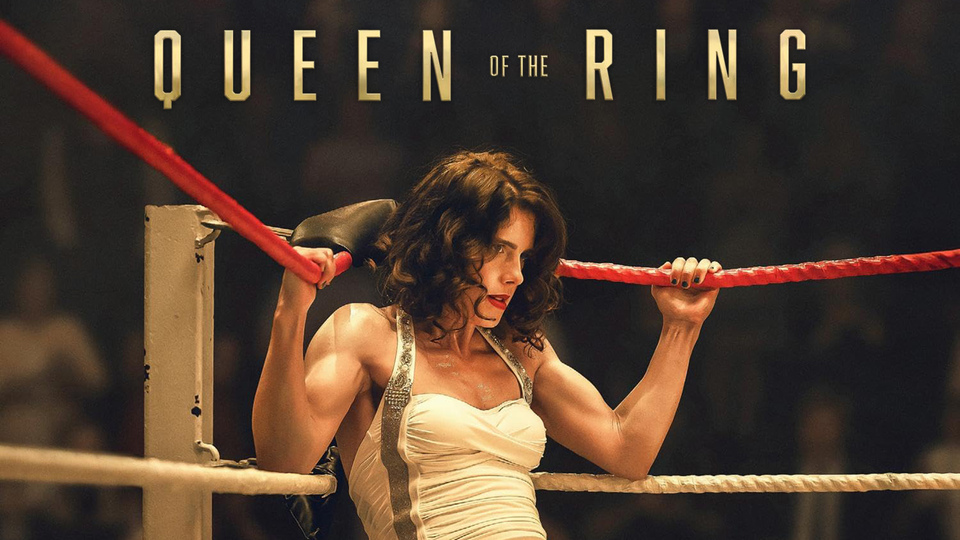Chappell Roan has always been a force to be reckoned with—her unrelenting originality, drag-inspired flair, and boundary-pushing queer identity make her a star who commands attention. Whether it’s her riotous performances or her unapologetically queer pop anthems, Roan never does anything halfway. Her latest single, The Giver, is a perfect encapsulation of that approach: it’s rowdy, cheeky, and full of country spirit—but make it queer. And while it may seem like a departure from her usual hyper-pop theatrics, this track reveals an entirely new side of her that’s just as complex, playful, and daring as ever.
The first thing that hits you when The Giver drops is the sound—Roan isn’t just paying homage to country, she’s embracing it whole-heartedly. With its rollicking banjo, fiddle solos, and stomping beats, it’s clear that she’s not dabbling in the genre, she’s fully committing. And why wouldn’t she? Roan grew up in Missouri, surrounded by the kind of country music that plays in grocery stores, on buses, and in the hearts of the Midwest. It’s not just an aesthetic choice—it’s part of her roots. But make no mistake, this isn’t the kind of country you might hear on your average Nashville playlist. No, Roan brings her own flavor to the mix, with a big splash of queer irreverence and a hefty dose of camp.


In interviews, Roan has made it clear that country music has always been a part of her life. “I can’t call myself the Midwest princess and not acknowledge country music,” she said recently. And yet, she doesn’t just stick to the script. The Giver isn’t trying to “cross over” or chase a trend; it’s a reclamation. If anything, Roan is flipping country music’s gender and class conventions on their head, playing with the same codes that have made the genre so iconic—only to subvert them in the most delightful way.
The song, produced by Dan Nigro (of Olivia Rodrigo fame), comes with a muscular, chugging beat that evokes the image of a pickup truck revving down a dusty country road. But it’s Roan’s voice that takes the wheel here. She croons with a mix of confidence and humor, mixing cheeky innuendo with moments of raw power. There’s something almost anthemic in her delivery, as if she’s not just singing about getting the girl, but commanding the entire damn room. And that’s part of the fun of The Giver—it’s playful, yes, but also unapologetically bold. Roan sings with a self-assurance that makes you believe her when she says, “I can close my eyes/And have you wrapped around my fingers like that.” This isn’t just about romance; it’s about power.
The lyrics, though seemingly lighthearted at first glance, are deeply subversive. “Ain’t got antlers on my walls/But I sure know mating calls,” Roan sings over the rollicking fiddle and banjo. It’s a clever line, not just because it’s catchy, but because it pokes fun at the performative masculinity so often associated with country music. There’s no “country boy” myth here—Roan isn’t playing by anyone’s rules but her own. She also doesn’t shy away from calling out the contradictions in country’s often nostalgic, working-class fantasies. On the chorus, she declares, “I get the job done,” not just in terms of romance, but as a larger statement of her own authority over the space she occupies. In one fell swoop, Roan is able to deconstruct gender, class, and performance, all while delivering a bouncy, sing-along anthem that feels like it belongs on both the jukebox and the dance floor.

One of the standout moments in The Giver is the sheer joy of its sound. The track has this unrelenting energy—it’s like a funhouse mirror version of a country song, one that’s been stretched, twisted, and colored with Roan’s unique brand of camp. It’s also clear that she’s having a blast. The song isn’t just a commentary on country or gender or pleasure; it’s a pure, celebratory romp. It feels like Roan is inviting the listener into her own vision of what country music could be if it embraced queerness and fun with the same verve it gives to its more traditional themes of love, lust, and heartbreak.
It’s easy to assume that releasing a country song in 2025 is a calculated move for a pop star looking to tap into the genre’s current cultural dominance. After all, Beyoncé, Taylor Swift, and even Calvin Harris have dabbled in country-inspired tracks recently. But with The Giver, Roan isn’t just jumping on a bandwagon. She’s using country music as a platform for her own queer identity, something she has always done in her work. Her drag-inspired persona, her larger-than-life stage presence, and her refusal to conform to traditional pop mold all come together in this moment. Roan embraces the high camp of country, while also poking fun at the very constructs that make the genre what it is. She doesn’t just inhabit country music; she reinterprets it from a queer, campy perspective, and the result is an irresistible, self-assured anthem.
The Importance of Lesbian Themes and LGBTQIA+ Glory in “The Giver”
But there’s something even more important bubbling under the surface of The Giver. In a time when LGBTQIA+ rights are under attack in the United States, with the Trump administration’s influence still hanging over the country, the song’s celebration of lesbian desire and queer love feels both deeply personal and politically necessary. As anti-LGBTQIA+ legislation sweeps across the nation, the cultural significance of queer visibility cannot be overstated. The Giver is more than just a fun country track—it’s a statement of pride, of joy, and of reclamation.

The lyrics themselves—boldly addressing lesbian attraction and sexual agency—are an act of resistance. Roan’s irreverence toward the gender norms of country music and her rejection of the “country boy” archetype send a message to listeners that queer identities and pleasures are just as valid, just as worthy of celebration, and just as central to the human experience as any other. The song’s unabashed focus on a queer woman “getting the job done” is, in a way, a direct challenge to the often hyper-masculine narratives that dominate both country music and American politics. It flips the script on who gets to be the dominant figure in love and desire, and in doing so, it reclaims space for lesbian joy, power, and pleasure—something that is especially vital when LGBTQIA+ voices are being drowned out by political forces trying to erase them.
In a time when conservative figures like Trump continue to stoke fears and divisions, songs like The Giver are a necessary antidote. They remind us that love, sex, and self-expression are not things to be hidden or ashamed of—they are glorious, worthy of being celebrated, and a fundamental part of who we are. Roan’s unapologetic celebration of queer love in this track is a call for visibility and a defiant rejection of any political or cultural forces that seek to marginalize or silence LGBTQIA+ communities. It’s a reminder that despite the current political climate, the LGBTQIA+ community is thriving, visible, and making its mark on every genre, including country music. And with Roan leading the charge, the future looks fiercely queer.
Ultimately, The Giver is a triumph for Roan—it’s bold, it’s campy, it’s queer, and it’s an absolute blast. Whether you’re a lifelong country fan or just a curious pop enthusiast, it’s hard not to get swept up in Roan’s exuberant take on the genre. She’s not just breaking new ground in the country space; she’s reimagining what country music can be for a new generation of listeners who are ready for a more inclusive, playful, and unapologetically queer world. And with The Giver, it’s clear that Roan is just getting started. Saddle up, because the Midwest princess is here to stay.










